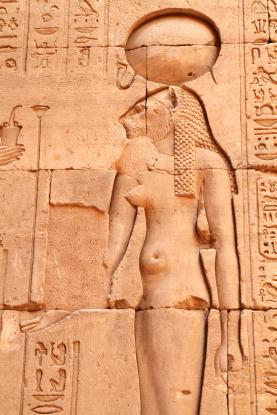Lions under threat
African lion populations have plummeted to an estimated 20,000, and are now facing a crisis
Over the last 50 years, the number of wild lions across Africa has fallen from 200,000 to an estimated 20,000. The decline is largely due to habitat loss from agricultural expansion and increased human settlement in the savannah landscape. This has, in turn, led to more frequent interactions between lions and humans. Livestock herds grazing in or near protected areas compete with lion prey species, and put livestock in close proximity to lions. When lions attack livestock, this can provoke retaliatory killings. At the same time, prey populations are undergoing drastic declines throughout Africa as a result of bushmeat poaching. Snares and traps set for their prey also often inadvertently catch lions and other predators. An emerging threat is lion poaching for a new trade in lion bones to Asia, used as a substitute for tiger bones.
-43%
Africa’s lions have declined by 43% in the past two decades.
-60%
Populations in West, Central and East Africa have declined by 60%.
8%
Lions currently occupy only 8% of their historical range.
Making an impact
The poaching of lions for their bones and other parts has emerged as a more recent threat. Although lion bones are not part of Traditional Chinese Medicine, as tiger populations decline, these more readily available products are entering illegal wildlife markets as substitutes. WildAid is working to raise global awareness of lion conservation priorities, and to increase local awareness in order to build public and political will for lion conservation in key countries, including Tanzania, Kenya, and Uganda.
Tanzania is considered a stronghold for lions, home to about 40% of the continent's total population. But 60% of these lions live outside protected areas making them especially vulnerable to numerous threats.
In 2019 Wildaid launched it’s be the pride campaign in Tanzania, highlighting the value of protecting lions to the country and the world. Through television, billboards, social media, and radio, we have distributed messages from celebrities, politicians and local conservation heroes urging collective action to safeguard lions and their habitats. The campaign highlights the importance of lions for the economy, for African heritage and for the environment.
Lion facts
- Lions are social animals. They live in prides of between two and 40 lions. The females tend to stay in their birth pride and are all related. Males split off to create their own prides.
- Lions often hunt at night, taking advantage of good nocturnal eyesight, and often in storms when it easier to creep up on their prey undetected. Still, only around 30 percent of hunts are successful.
- Lions are most closely related to tigers, jaguars and leopards, all in the genus panthera distinguished by their ability to roar. But lions are the only ones who roar together, in a show of strength or to warn of danger. Roars can be heard up to 8 km away.
- Female lions are fertile at the same time, meaning cubs from different mothers tend to be born at the same time. Mums can then cooperate to bring up their cubs together in a “creche”.
- Lionesses do more of the hunting while males often stay behind to protect the pride. Some lionesses circle prey, playing the the role of “wings” while others act as “centres” waiting for prey to be driven towards them for the kill. But the males do also hunt, and sometimes have an edge when it comes to larger prey.
Lions in African culture

Across Africa, lions and leopards have often been associated with kingship, from the 13th century founder of the Mali empire, Sundiata Keita, known as the Lion of Mali, to the last emperor of the Bantu kingdom in southern Africa, Ngungunyane, known as the Lion of Gaza. Ancient Egyptians worshipped a lioness as a goddess of war, and the mythical griffin and sphinx both had the bodies of lions. Common people in Africa were usually not allowed to keep the skins or teeth of lions, but were expected to turn them over to the king.
Across Africa, lions are associated with strength, courage, pride and wisdom. Lions are also seen as the judge who weeds out the weak antelope and dangerous hyena. One Zulu term for the lion is Ibubesi, which means “to make the final decision”. Lionesses represent fierce motherhood.
The veneration of lions is not universal -- some cattle-farming tribes see the lion as evil, because they represent a threat to their livestock, while others associate them with laziness. But overall, the positive image prevails in popular Africa culture, which is why the national football teams of Cameroon, Morocco and Senegal are all nicknamed lions.


